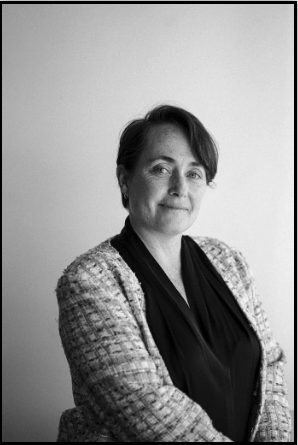Schizophrenia is a dangerous disorder that requires treatment to be managed. Many people with schizophrenia struggle to maintain jobs or relationships due to the symptoms associated with the condition. If you or a loved one are experiencing symptoms commonly associated with schizophrenia, it is crucial you seek the help of medical professionals as soon as possible.
Schizophrenia is a serious and potentially dangerous mental health disorder that can affect how someone perceives their reality. Schizophrenia is an incredibly disruptive disorder to a person’s life, and many people struggle to maintain any sense of normality. Symptoms can include hallucinations, delusions, and illogical or disorganized thinking.
People with schizophrenia require a life-long treatment program, usually involving a combination of medication and psychotherapy. If the disorder is caught early enough, treatment will be more effective and increase the condition’s long-term prognosis.
The general public often holds misconceptions about schizophrenia. Because a schizophrenic person experiences episodes of delusion that may cause them to act entirely differently than how they usually would, some associate this condition with split personality disorders. However, the condition does not cause different personalities. It causes different interpretations of the perception of reality.
Schizophrenia is an uncommon disorder, only affecting .64% of adults in the United States. Symptoms may appear at different points during a person’s life. However, most people will first notice symptoms in adolescence or early adulthood. Symptoms will usually develop gradually over time, although in some cases, multiple symptoms could suddenly appear.
Schizophrenia can cause a variety of symptoms that have the potential to have a significant negative impact on a person’s life. The condition can affect people differently but generally is defined by how it disrupts a person’s perception of reality.
The most common symptoms of schizophrenia include difficulty showing emotion, either through words or facial expressions. People will also often have difficulty concentrating or focusing and speak in ways that may be hard to understand or follow. Before a schizophrenic episode occurs, a person may feel a strong sense of anxiety or “jumpy.”
Without treatment, schizophrenia can cause powerful delusions. A delusion is a firmly held false belief not based on reality. Delusions can often become sources of paranoia, as the person experiencing it comes to believe those around them are objects of danger. While most people with schizophrenia are not violent or dangerous, someone experiencing a severe paranoid delusion could pose a threat to themselves or others.
Other examples of delusions include believing that one is important in a profound way or possesses powers that others do not. A person with schizophrenia may think that they have the answers that can help others or defeat evil. Paranoid delusions could include being tracked by the government or that aliens have replaced those around them.
Hallucinations, on the other hand, are an auditory or visual appearance that is not there. Auditory hallucinations could include hearing voices or music that is not playing. Visual hallucinations involve seeing people or objects not actually there. While hallucinations can be disruptive, they are usually not as severe as delusions can be.
Schizophrenia can also affect the cognitive behavior of a person. Some people experiencing a schizophrenic episode can have drastic mood swings. They may also portray abnormal behavior, such as childlike behavior or speech patterns, or severe anger or agitation.
While schizophrenia does not have a cure, it is crucial to seek treatment as early as possible. The earlier the condition is noticed and treated, the more likely it becomes to manage the symptoms effectively. With minimal and managed symptoms, a person with schizophrenia can live everyday life in a normal manner.
Medication is usually a significant aspect of the treatment process. Doctors may prescribe various antipsychotic medications to reduce the significance and disruptive effects of symptoms associated with schizophrenia. The most commonly prescribed medications for schizophrenia are Risperdal, Zyprexa, and Seroquel.
Although medication can be a vital aspect of treatment, it should not be considered cure for the disease. Antipsychotic drugs should be viewed as one aspect of a broader treatment program that includes some form of counseling or talk therapy.
The abuse of drugs or alcohol can also disrupt the effectiveness of medication. People with schizophrenia may be more likely to develop a substance abuse disorder due to attempts to self-medicate or deal with extreme anxiety or panic caused by their disorder. If you have co-occurring disorders with schizophrenia and substance abuse, it is essential to find a program that can effectively treat both issues.
Besides medication, the treatment approach for schizophrenia often includes counseling or psychotherapy approaches. Cognitive behavioral therapy can be a beneficial tool in helping people come to terms and better manage the complicated emotions caused by their disorder. Group therapy and other means of support are also incredibly valuable to the treatment process.
In some cases, special support care may be required. If the disorder is preventing a person from taking care of themselves or if they become a danger to themselves or others, it may be necessary for them to enter an inpatient treatment facility until their symptoms can be better managed.
At AM Health Care, we are to help you deal with your mental health in any way possible. We believe in designing a treatment plan that precisely suits your condition and your needs. Mental health disorders can be disruptive and potentially dangerous when left untreated, so there is no reason to wait any longer. Please call us today at 818-383-1297 to learn more about how we can help you and potential treatment options.
Our facilities that offer Schizophrenia Treatment:

